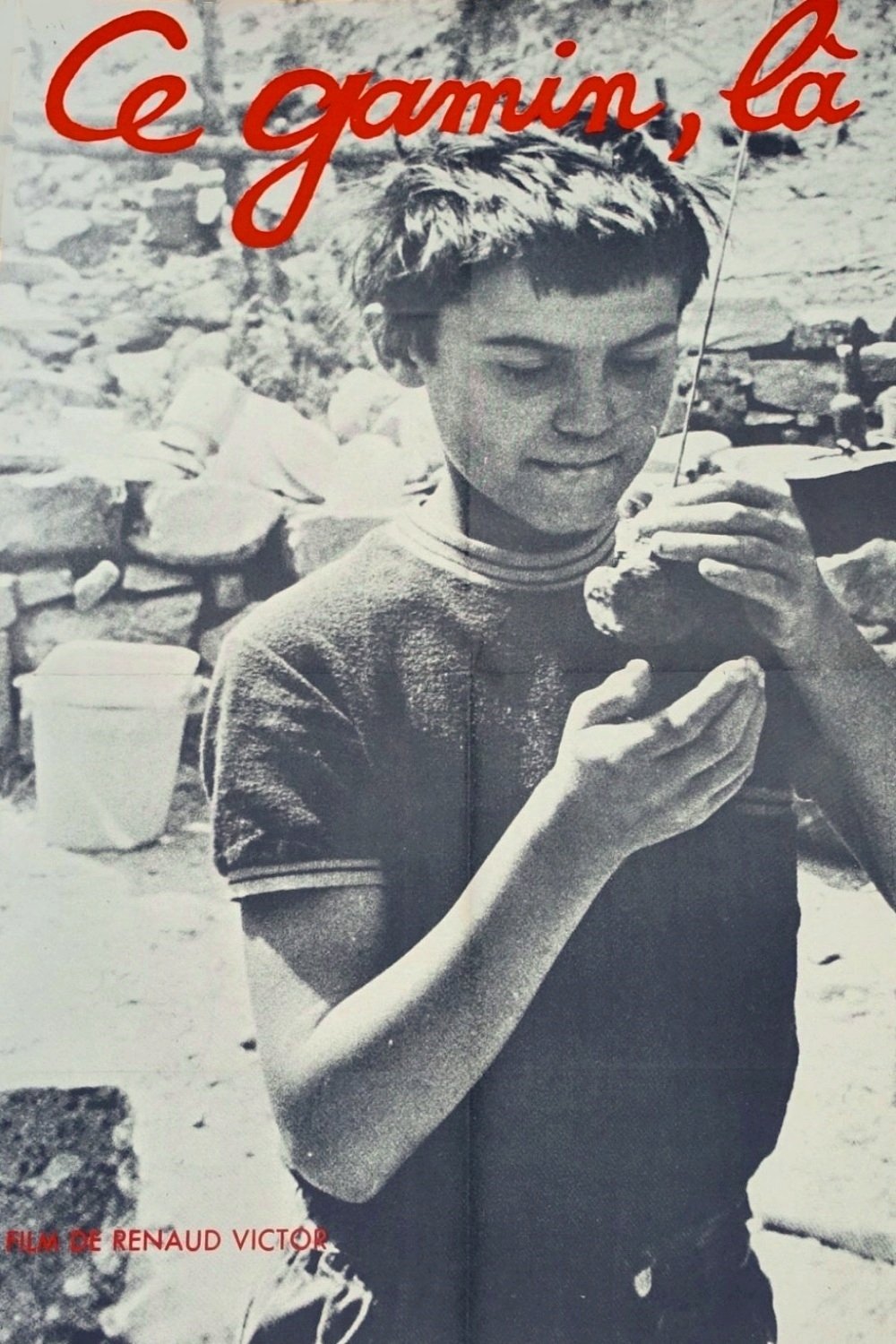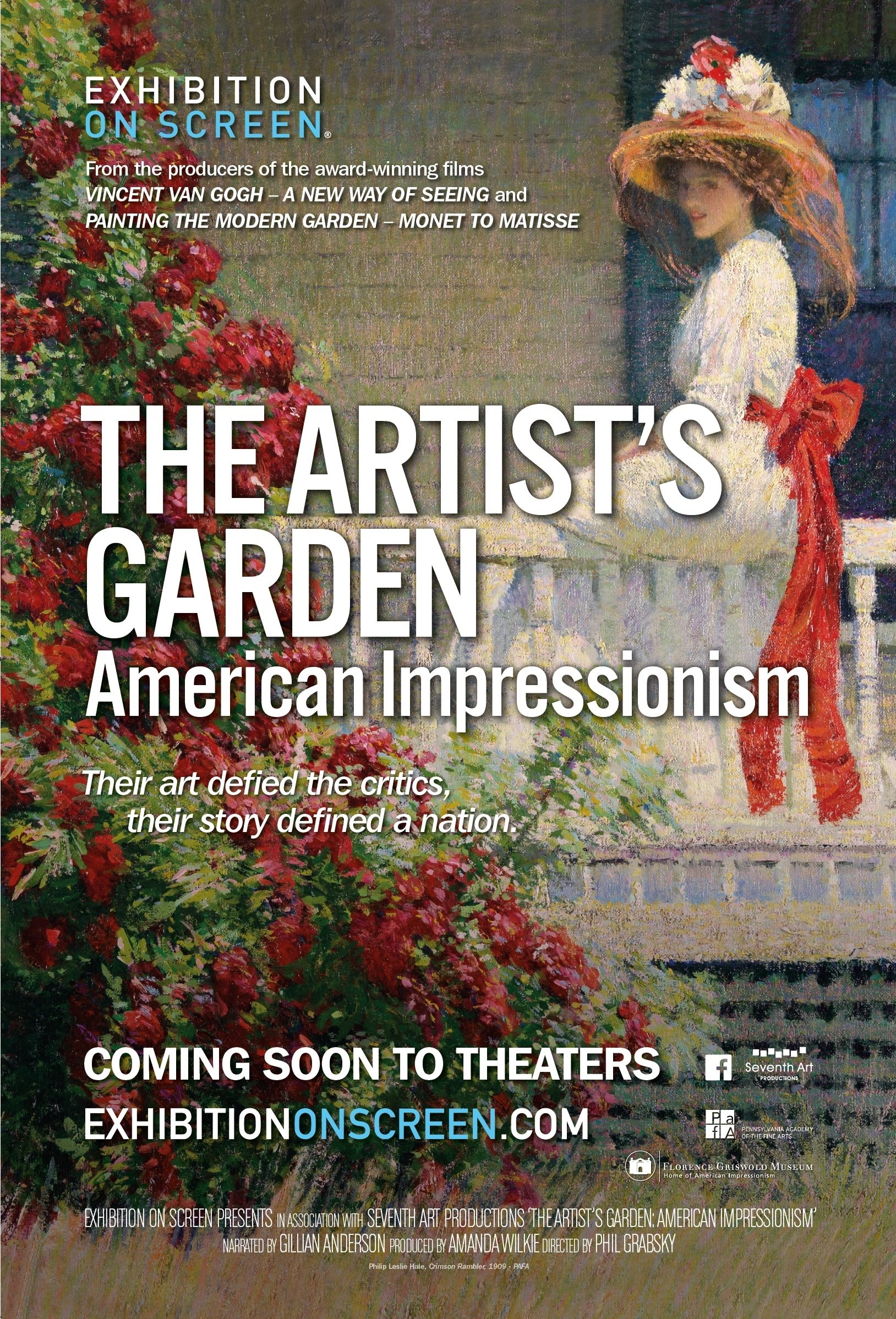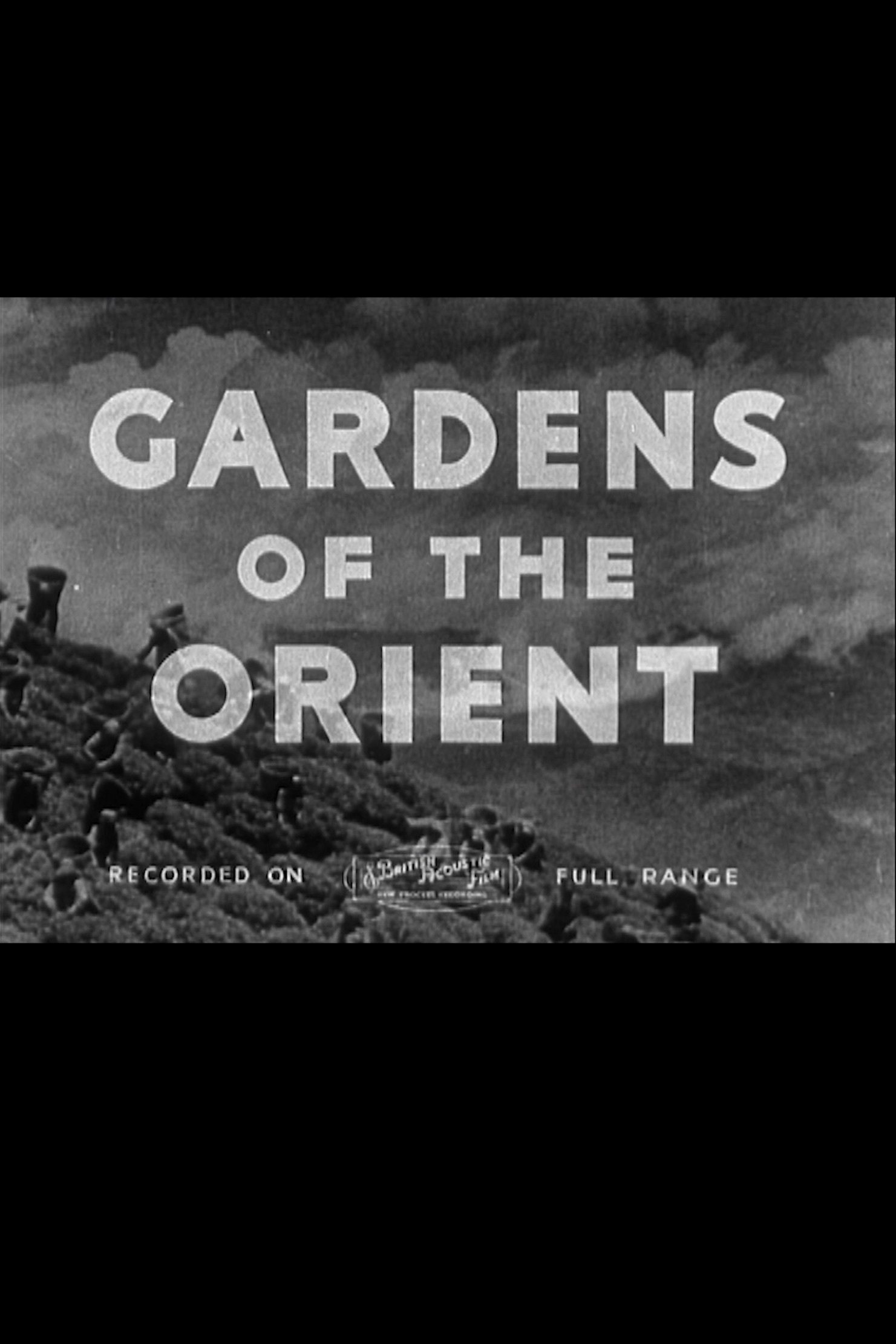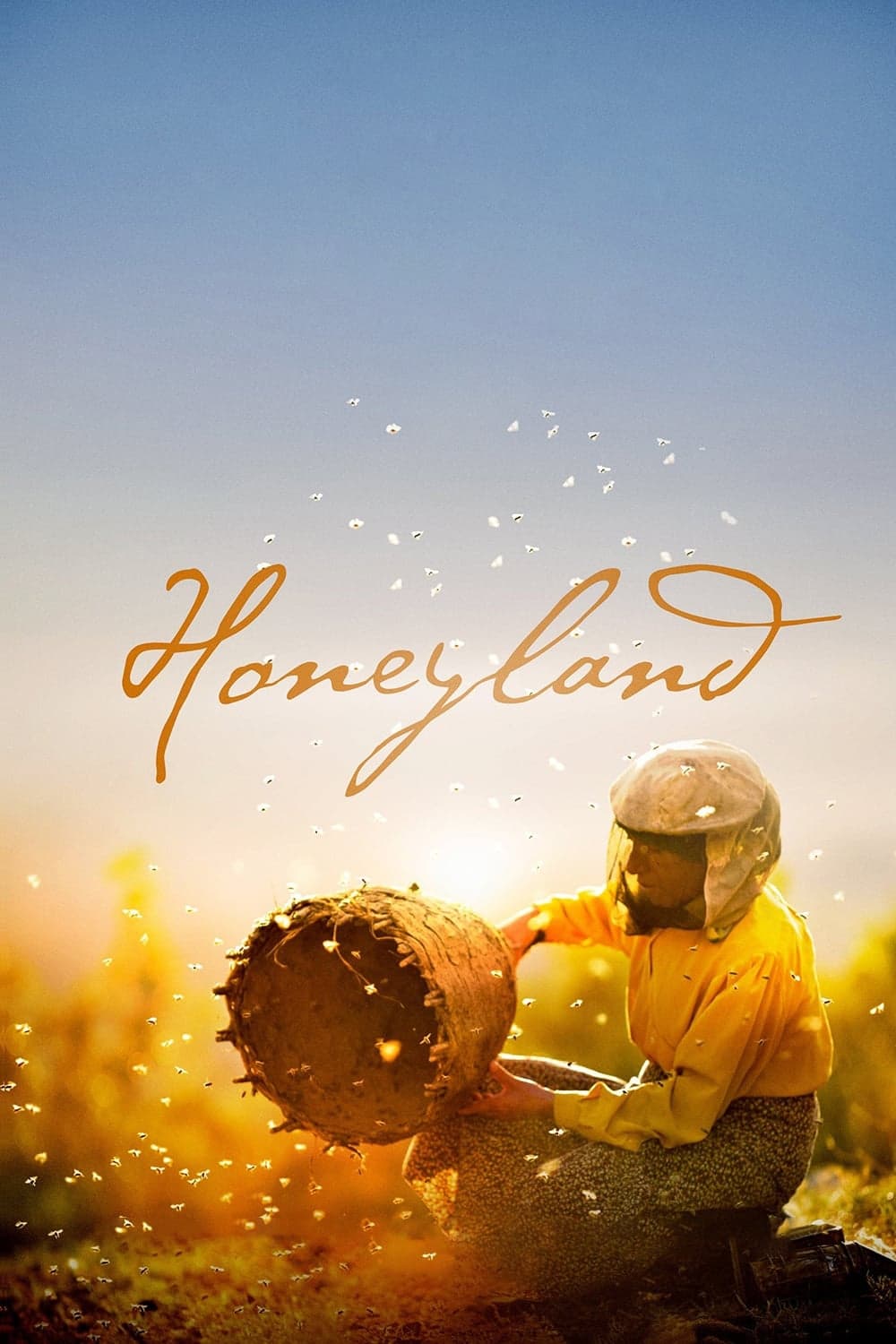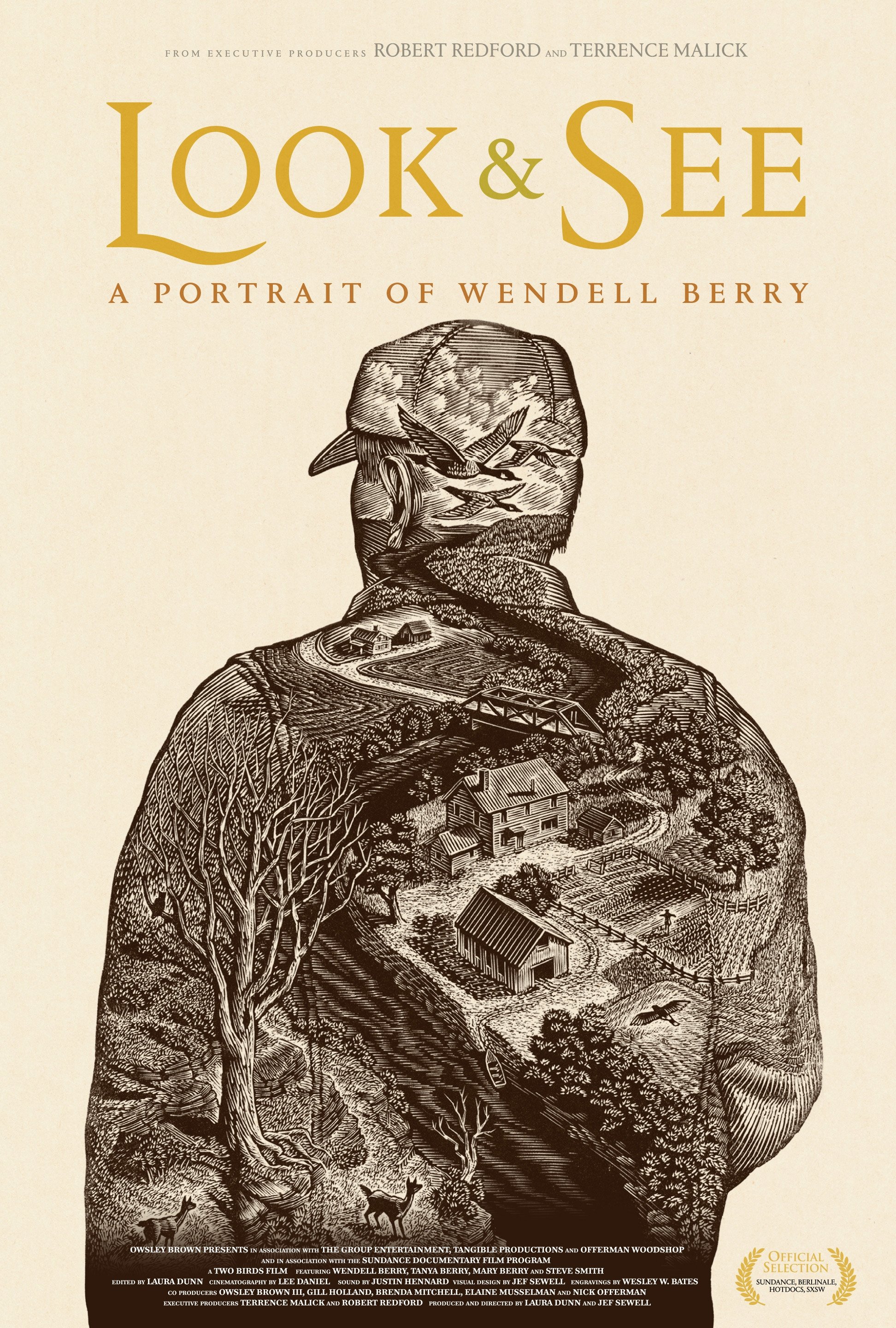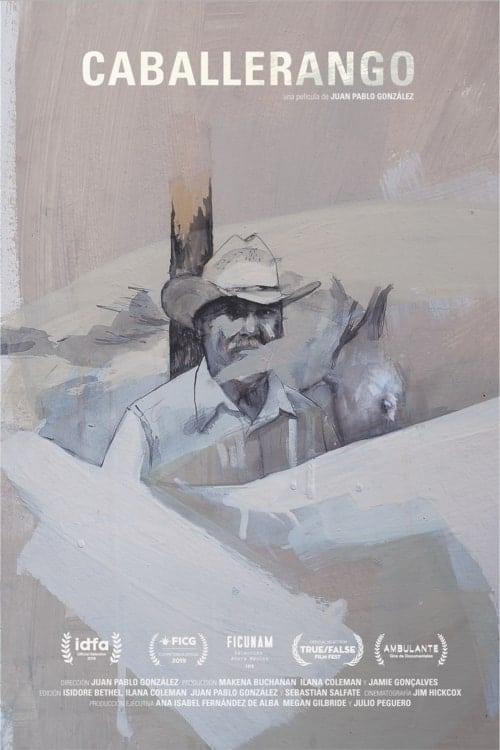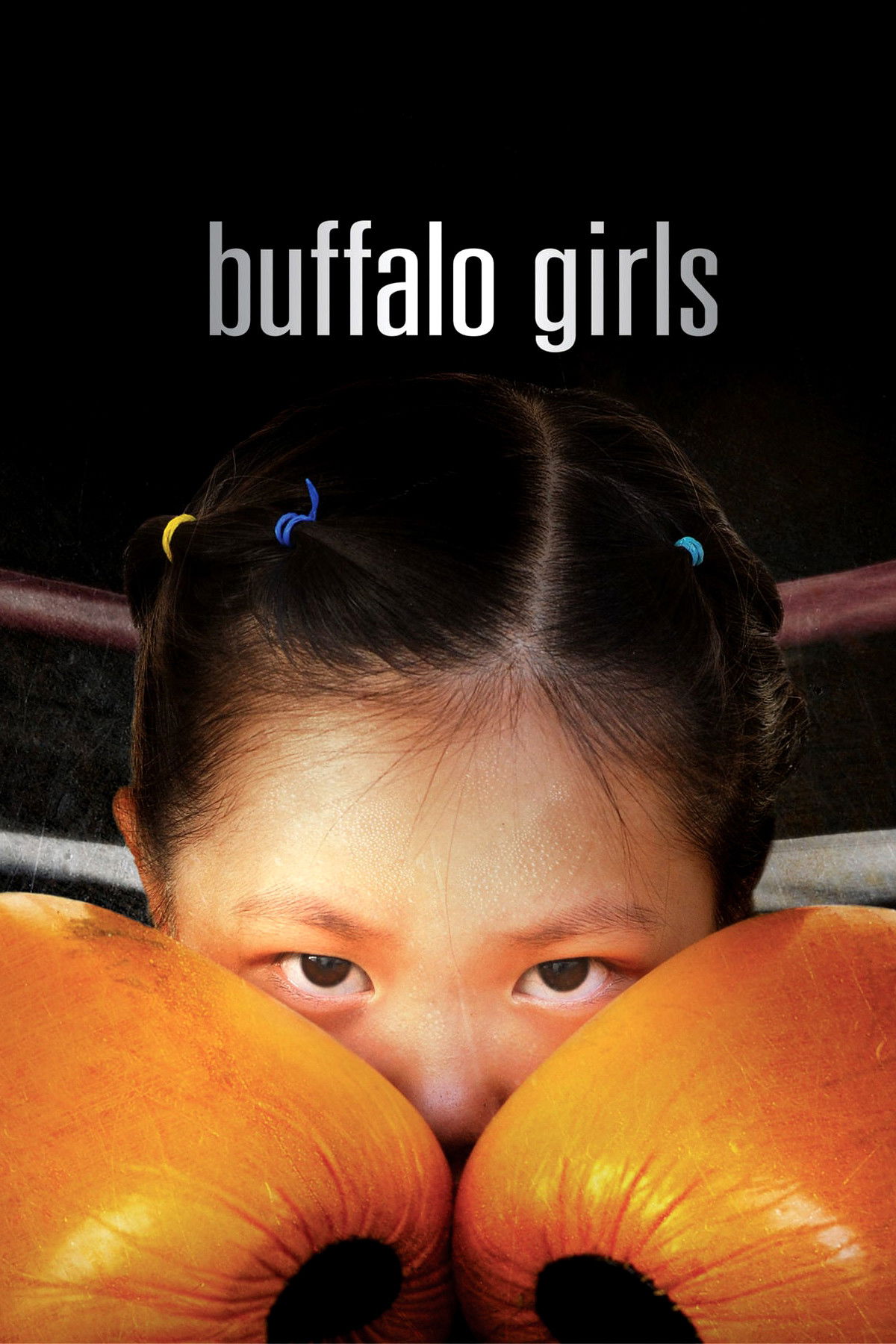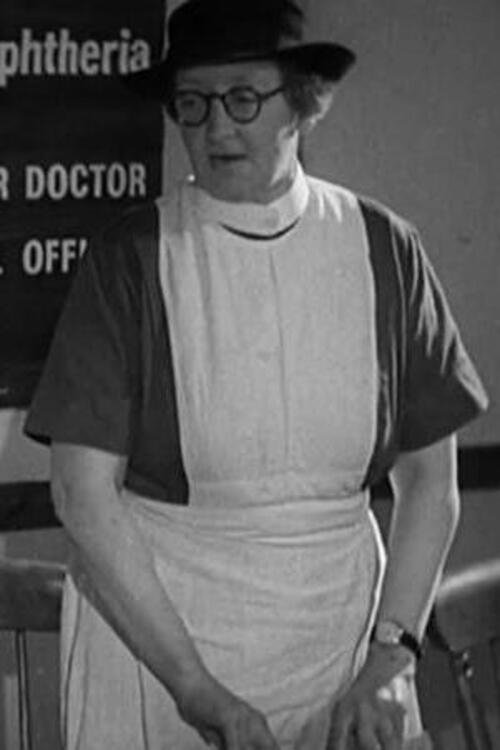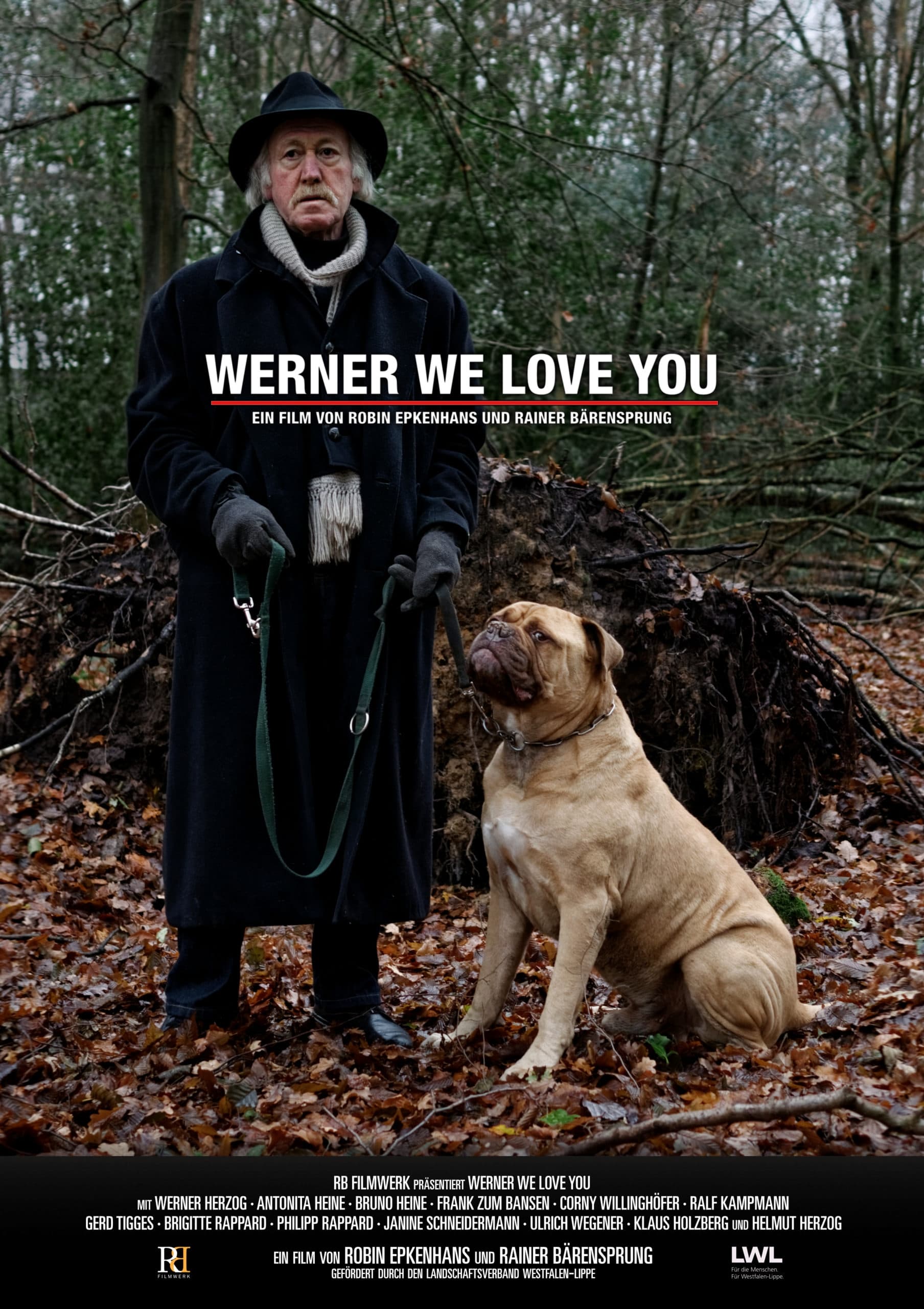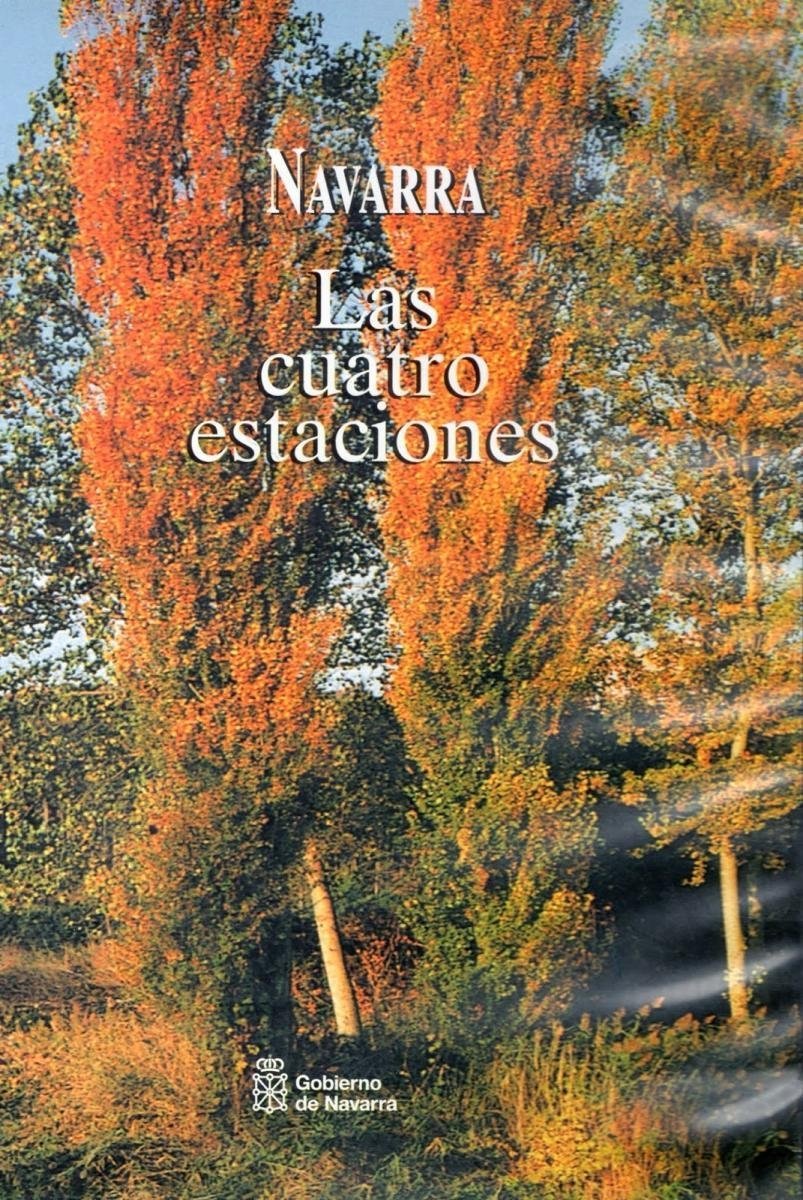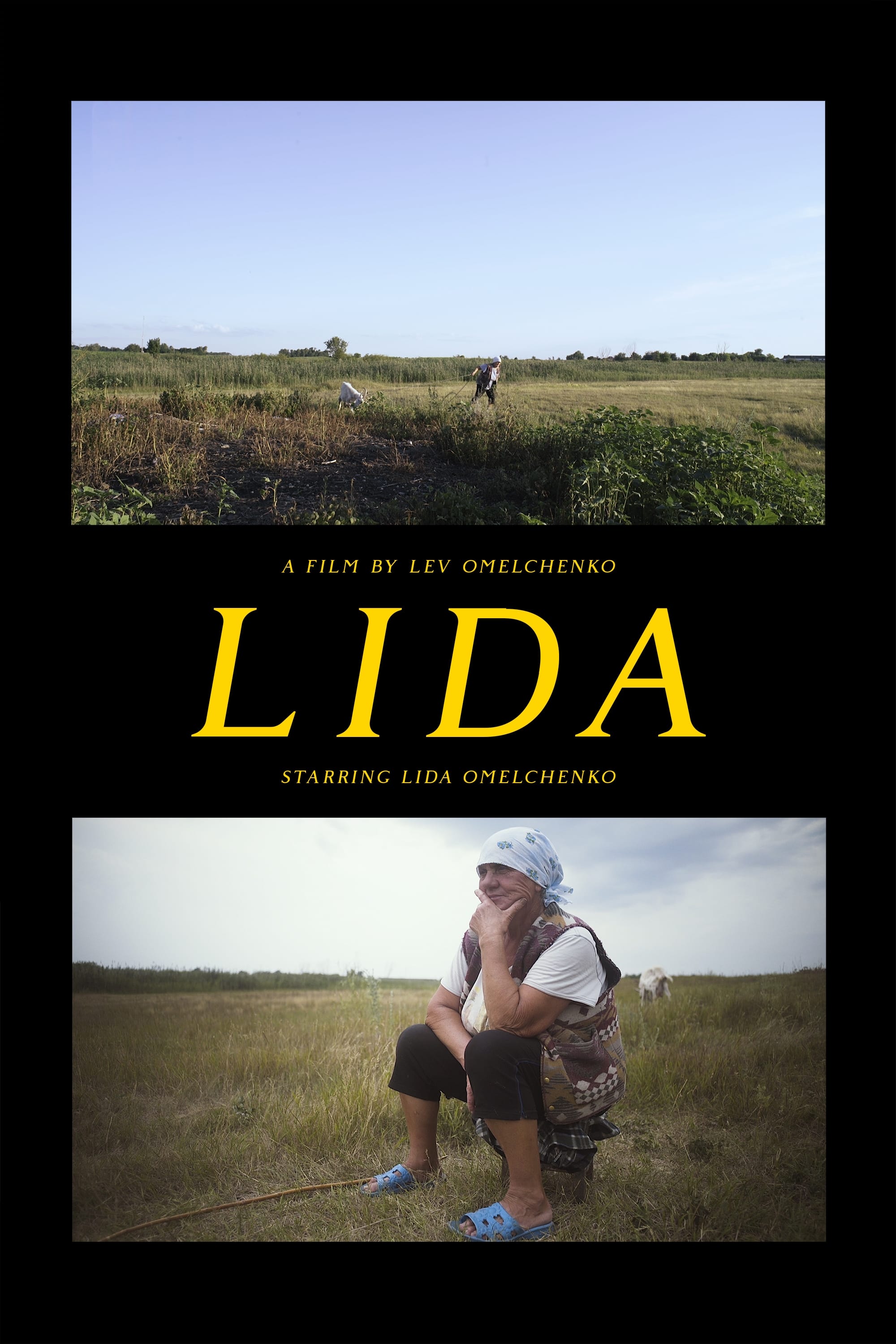Bessho Tea Factory (2014)
Overview
A documentary directed by Hori Teiichi who was a production assistant on the 1994 documentary Otentousama ga Hoshii and has worked in a wide variety of genres from pink films to ordinary theatrical releases. The lifestyle and scenery of Osawa, a village situated 740 meters up on the mountainous slopes of Hamamatsu city's northern region in Shizuoka Prefecture, are the focus of this first installment to the "Tenryu-ku" series. It straightforwardly captures the tea harvest in late May and the tea processing conducted in a factory while showcasing mist shrouded tea fields drummed by rain as well as the beauty of the glistening green of the tea leaf shoots.
Production Companies
Additional Info
| Budget | $0.00 |
|---|---|
| Revenue | $0.00 |
| Original Language | ja |
| Popularity | 0.0363 |
Directed By
Teiichi Hori
TOP CAST
Similar Movies
Koyaanisqatsi
Takes us to locations all around the US and shows us the heavy toll that modern technology is having on humans and the earth. The visual tone poem contains neither dialogue nor a vocalized narration: its tone is set by the juxtaposition of images and the exceptional music by Philip Glass.
The Artist’s Garden: American Impressionism
Taking its lead from French artists like Renoir and Monet, the American impressionist movement followed its own path which over a forty-year period reveals as much about America as a nation as it does about its art as a creative power-house. It’s a story closely tied to a love of gardens and a desire to preserve nature in a rapidly urbanizing nation. Travelling to studios, gardens and iconic locations throughout the United States, UK and France, this mesmerising film is a feast for the eyes. The Artist’s Garden: American Impressionism features the sell-out exhibition The Artist’s Garden: American Impressionism and the Garden Movement, 1887–1920 that began at the Pennsylvania Academy of the Fine Arts and ended at the Florence Griswold Museum, Old Lyme, Connecticut.
Small Town Gay Bar
The story of community in the Deep South that is forced to deal with the struggles of ignorance, hypocrisy and oppression.
Gardens of the Orient
This portait of life on the tea plantations is decidedly rosy – clearly, there are no exploited workers here. However, the film provides an intriguing overview of tea production – from the planting of tea seeds to the final shipping of the precious leaves across the globe.
Tea War: The Adventures of Robert Fortune
In the 19th century, China held the monopoly on tea, which was dear and fashionable in the West, and the British Empire exchanged poppies, produced in its Indian colonies and transformed into opium, for Chinese tea. Inundated by the drugs, China was forced to open up its market, and the British consolidated their commercial dominance. In 1839, the Middle Empire introduced prohibition. The Opium War was declared… Great Britain emerged as the winner, but the warning was heeded: it could no longer depend on Chinese tea. The only alternative possible was to produce its own tea. The East India Company therefore entrusted one man with finding the secrets of the precious beverage. His mission was to develop the first plantations in Britain’s Indian colonies. This latter-day James Bond was called Robert Fortune – a botanist. After overcoming innumerable ordeals in the heart of imperial China, he brought back the plants and techniques that gave rise to Darjeeling tea.
The Mother
The film chronicles everyday struggle of a Russian woman for “ordinary” happiness of her family.
All In This Tea
During the 1990s, David Lee Hoffman searched throughout China for the finest teas. He's a California importer who, as a youth, lived in Asia for years and took tea with the Dali Lama. Hoffman's mission is to find and bring to the U.S. the best hand picked and hand processed tea. This search takes him directly to farms and engages him with Chinese scientists, business people, and government officials: Hoffman wants tea grown organically without a factory, high-yield mentality. By 2004, Hoffman has seen success: there are farmer's collectives selling tea, ways to export "boutique tea" from China, and a growing Chinese appreciation for organic farming's best friend, the earthworm.
Look & See: A Portrait of Wendell Berry
A cinematic portrait of farmer and writer Wendell Berry. Through his eyes, we see both the changing landscapes of rural America in the era of industrial agriculture and the redemptive beauty in taking the unworn path.
North by Current
Filmmaker Angelo Madsen Minax returns to his rural Michigan hometown following the death of his infant niece and the subsequent arrest of his brother-in-law as the culprit. Using the audio-visual approaches of essay film, first-person cinema vérité, staged actions, and decades of home movies, Madsen navigates a town steeped in opioid addiction, economic depression, and religious fervor, while using the act of filmmaking to rebuild familial bonds and reimagine justice. Posing empathy as a tool for creating a more just world, North By Current does not seek to investigate a crime, but creates a relentless portrait of an enduring pastoral family, poised to reframe and reimagine narratives about incarceration, addiction, trans embodiment, and ruralness.
Horse Wrangler
Nando, a young horse wrangler in a rural Mexican village, has taken his own life following a disagreement with his father. Caballerango shows the boy’s family members and townspeople as they reckon with the new realities borne out of this inexplicable tragedy. Each account of Nando’s story reveals a different aspect of this rural town, which is deeply affected by modernization. The confrontation between the centuries-old ways of life and the modern-day world seems to be creating serious identity crises among the younger generation. The story is told in a patient, observational style with methodical shots of the landscape, ranches, and of the two white horses, whom Nando and his father tended to. Those horses, the last to see Nando alive, connect us to an ethereal sensation of almost otherworldly mystical beings.
Buffalo Girls
Buffalo Girls tells the story of two 8-year-old-girls, Stam and Pet, both professional Muay Thai prizefighters. Set in small villages throughout rural Thailand, the film chronicles these young girls' emotional and sometimes heartbreaking journey as they fight in small underground arenas to win prize-money to help provide for their families. After many months of rigorous training and a long schedule of fights, Stam and Pet fight each other for the 20 Kilo championship belt of Thailand and a cash prize that will change the winner's life forever.
Prairie Women
This film illustrates the struggles of Canadian prairies women to achieve a more just and humane society within the farm movement and at large. During the early 1900s, women on the prairies looked for ways to overcome their isolation. Out of the resulting farm women's organizations grew a group of women possessing remarkable intellectual abilities, social and cultural awareness, and advanced worldviews.
The District Nurse
The diary of a typical non-stop working day of a wartime district nurse.
Werner We Love You
When Werner Herzog was still a child, his father was beaten to death before his eyes. His mother was overwhelmed with his upbringing and thereupon shipped him off to one of the toughest youth welfare institutions in Freistatt. This was followed by a career as a bouncer in the city's most notorious music club and an attempt to start a family. Today, the 77-year-old from Bielefeld lives with his dog Lucky in a lonely house in the country. Despite adverse living conditions, he has survived in his own unique and inimitable way.
Lida
"LIDA" takes place on the day of Lida's 70th birthday. This already special day is made more unusual by the recent arrival of her grandson, Lev, who had immigrated to the United States with his family in 2001. Returning to Ukraine for the first time as an adult, Lev documents his grandmother as she tends to the small homestead and prepares for the birthday celebration in the rural village in Ukraine. By capturing moments of arduous labor, as well as through personal conversation, Lev inquires into his grandmothers relationship to her home, land - and their family.


